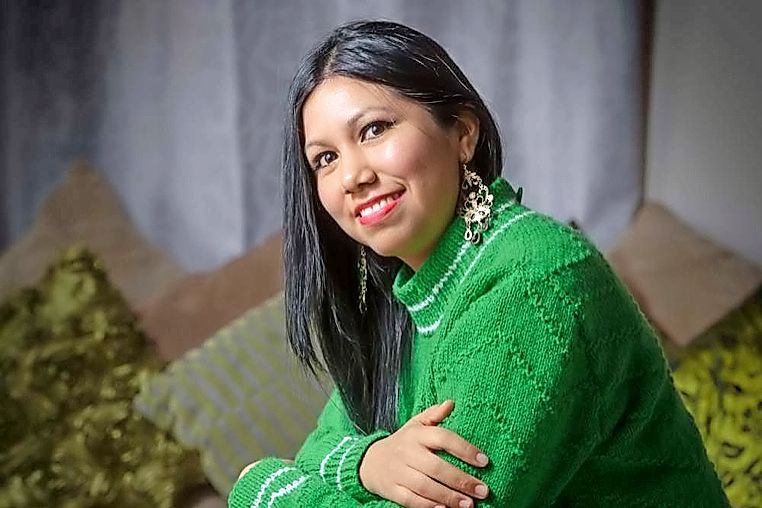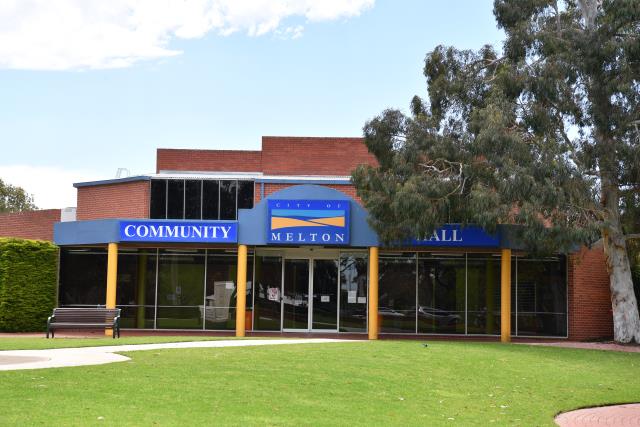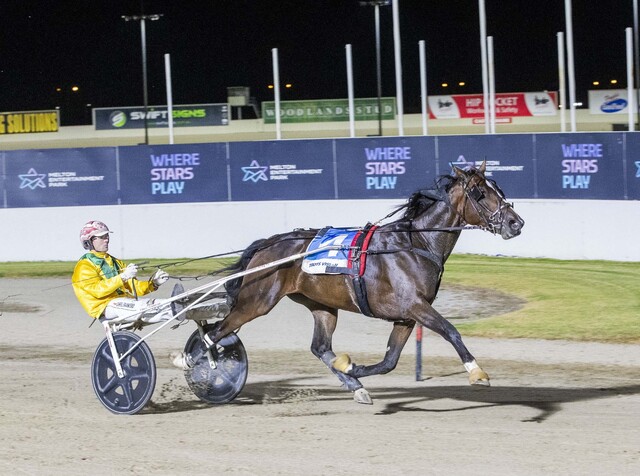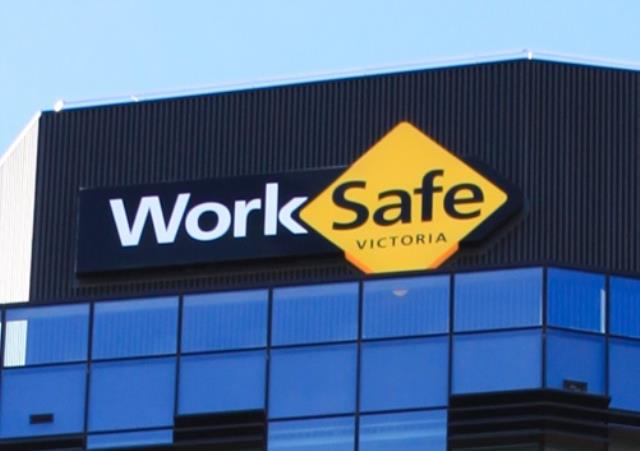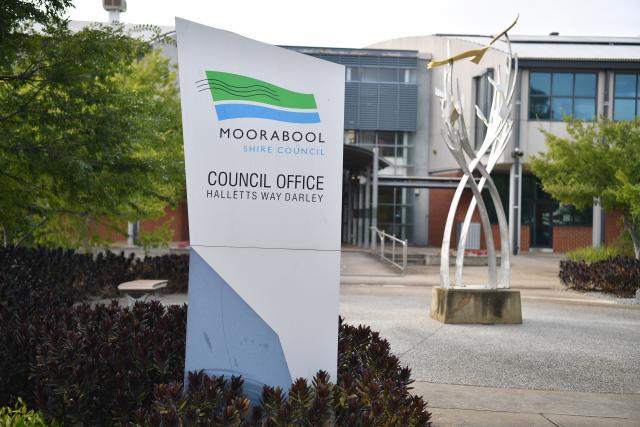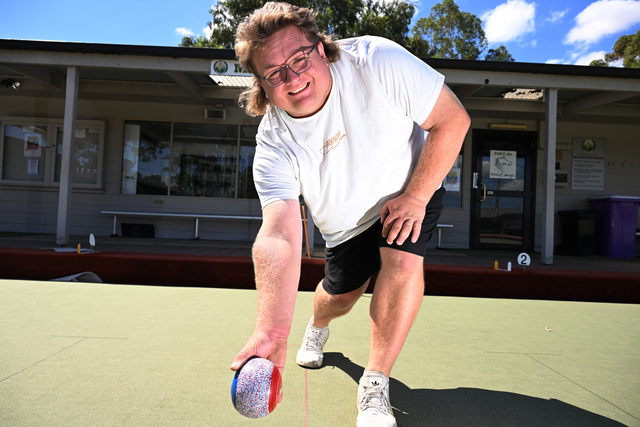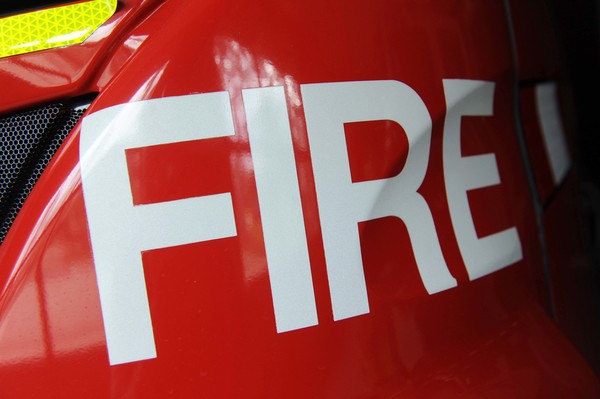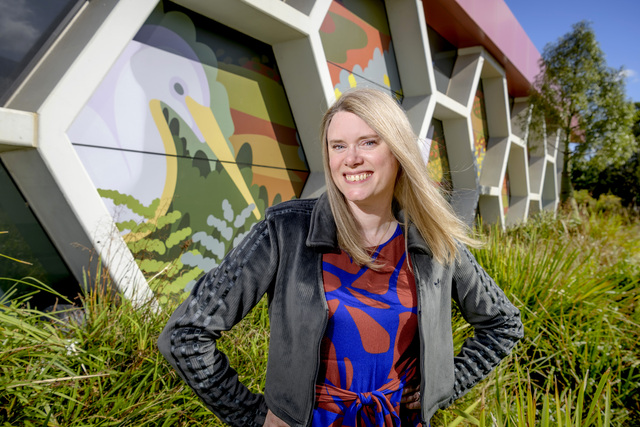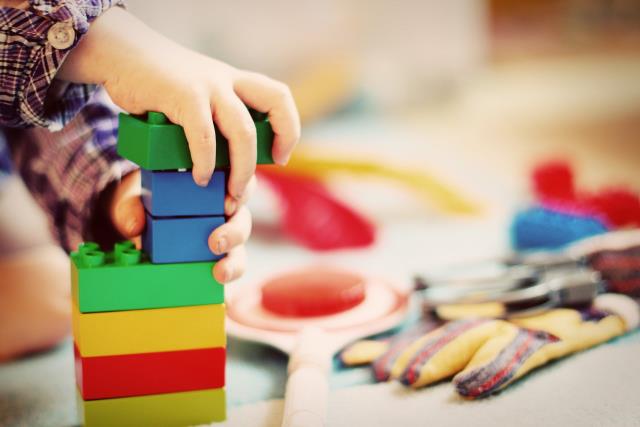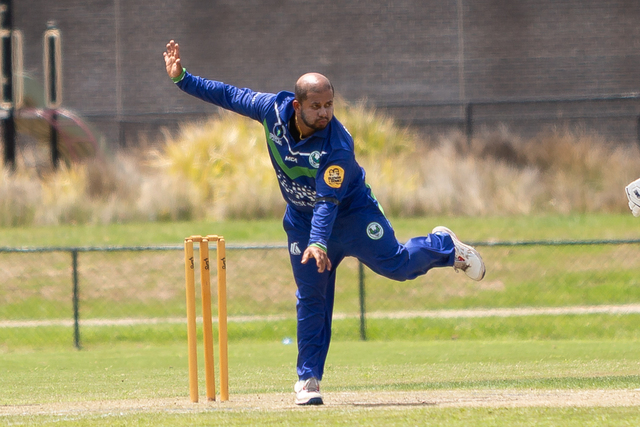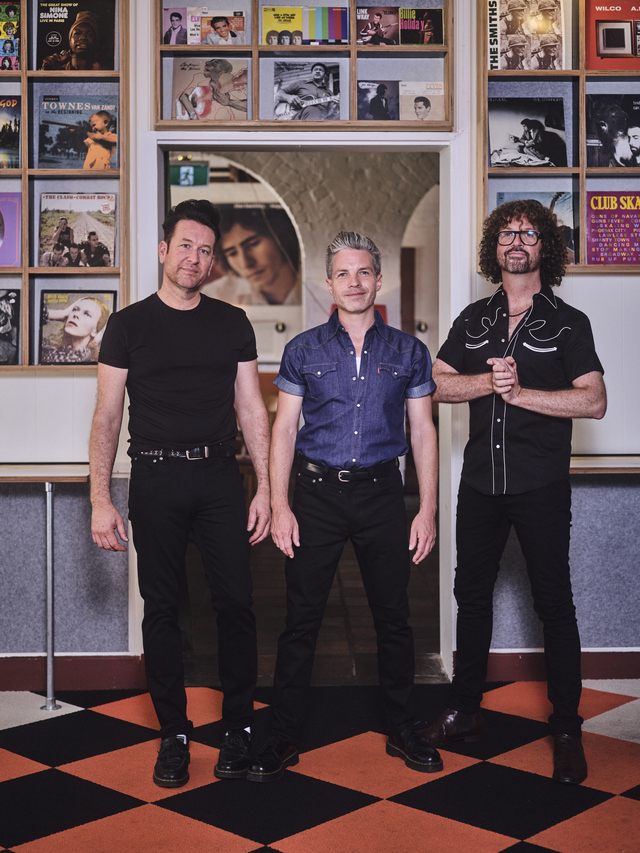Ada Willesden juggles full-time uni and mentoring with caring for her two-year-old, her mother-in-law and a foster child. She speaks with Sumeyya Ilanbey about life after moving to Melton
What’s your connection to Melton?
I’ve been living here since the first day I arrived from Peru. I came to Australia in December, 2009, following an Australian guy, who is now my husband. I’m now looking after my mother-in-law so we moved in with her. She was taking care of a person with a disability – his name is Antonio – and he’s just like a baby but aged 22. He was going to be taken away because my mother-in-law couldn’t take care of him any more so I decided to take care of him and legally registered him as my foster child.
What were some of the biggest challenges you faced when you first arrived in Australia?
The language barrier. I know American English and British English may have similar grammar rules, but some words are different – for example, garbage and rubbish. And when my family found out I came to Australia without their permission, they turned their back on me. So the first six months were a bit hard.
What’s your favourite thing about Melton?
People are very friendly and very nice to me. Especially bus drivers and train conductors – they help you around and if they see I’m lost, they ask if I need help. I know many people complain about transportation or traffic or traffic lights, but in comparison to Peru this is very amazing. People respect each other on the roads and cars stop when they need to.
What would you change about the area if you could?
People who are fixing the roads … they usually do it during the day, so it increases a lot of traffic and people are very annoyed. So if I could, I would make [construction workers] do their jobs at a time that isn’t very busy. Besides that, I’m pretty happy with Melton.
Where’s your favourite place to hang out in Melton?
I usually go to Woodgrove, to the food court, and I eat everything. Melbourne has so much things to do, to see and to eat. Today you can eat Indian food, tomorrow Thai food, the day after tomorrow Chinese. It’s very multicultural. And you don’t see people only speaking English in Melton – you see people speaking Chinese and Thai; so it’s not just an English-speaking place.

